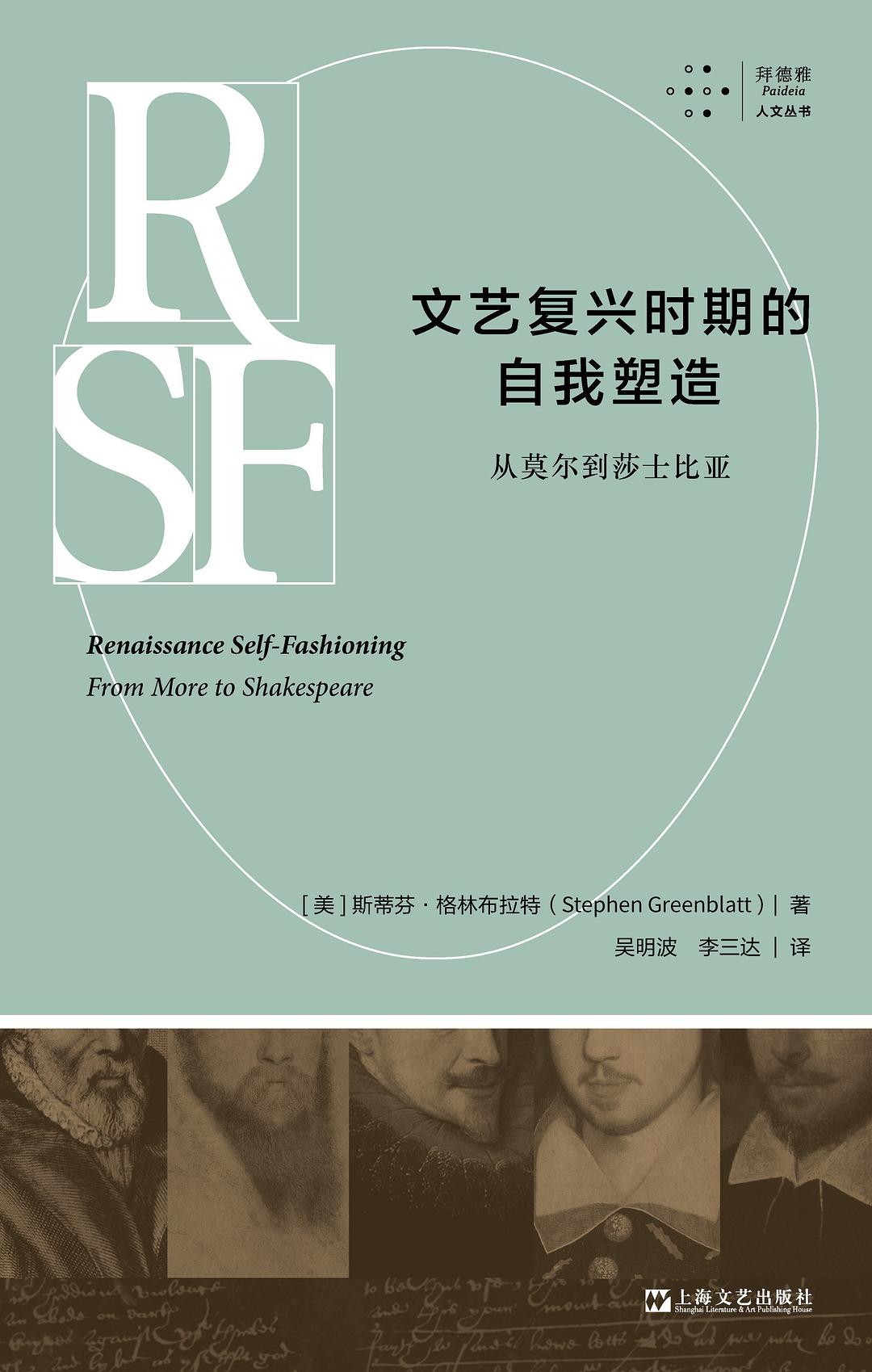WULOLIFE
《文艺复兴时期的自我塑造: 从莫尔到莎士比亚》作者: [美]斯蒂芬·格林布拉特 出品方:拜德雅
《文艺复兴时期的自我塑造: 从莫尔到莎士比亚》作者: [美]斯蒂芬·格林布拉特 出品方:拜德雅
Couldn't load pickup availability
Description
内容简介 · · · · · ·
★★重构文艺复兴的知识世界,开启文艺复兴研究新范式★★
★★往返于美学奇想与历史反思,带来持续的智识冲击,挑战我们的思想陈规★★
★★新历史主义文学批评代表人物斯蒂芬·格林布拉特经典开山之作,TS艾略特以来最具影响力的文学批评,彻底改变了批评的格局★★
重读《文艺复兴时期的自我塑造》,我在这本书中感受到了这个极度迷茫的时代的许多痕迹。特别是在我目睹强势的邪恶力量决定碾压所有反抗之时;在我试图阐释,他们以陌生人为目标,由此巩权力之时;在我不安地感知到,那些反对这斯蒂芬·格林布拉特
-媒体推荐-
《文艺复兴时期的自我塑造》自1980年初版发行以来,给人们带来了持续的智识冲击。格林布拉特这本经典之作带领读者频繁往返于美学奇想与历史反思,在文学现代性的话语中重构了文艺复兴知识精英的世界。——霍米·巴巴(Homi Bhabha)
文艺复兴时期的成了一个令人激动的全新斯蒂芬·格林布拉特这本书彻底改变了批评的格局——它令人信服地表明,社会人类学和精神分析是理解文艺复兴文学文本的基本工具。我想不出自TS 艾略特以来有谁的文学批评能产生这样的影响。——莉萨·贾丁(Lisa Jardine)
《文艺复兴时期的自我塑造》,一部人文科学领域的经典之作,它启发了两代学人用一种焕然一新的眼光阅读书籍,践行阅读所得。时至今日,书中的论点一如其首次提出之日,持续挑战着人们的思想陈规。——安东尼·格拉夫敦(Anthony Grafton)
的描述的读者,都会被这种人性化的、富有共得启发。格林布拉特以优美清晰的散文笔法,敏锐而细致地绘制了这些 “人物画像” Harry Shepherd Jr.)
-编辑推荐-
★本书主题是从莫尔到莎士比亚的自我塑造。作者起初试图理解“人但最终无奈屈服于一个福柯式的论断:“人类主体本身……是特定社会中的权力关系的意识形态产物”。莫尔是教会的产物,廷代尔是国家的拥趸,怀特臣服于绝对主义国家;斯宾塞拥抱国家权威,马洛在对权力的不懈反抗中构建自我,莎士比亚则表达出对权威的颠覆性服从。就此而言,自我塑造亦是由此塑造自我认同,但这般努力最终往往取消了作为个体的自我,因此造成了自我的丧失。
但无论是作者格林布拉特还是本书关注的六位人物,他们都明白:“我是我自己身份的主要制造者”是一种无法放弃的幻觉。即使自我被认作一种虚构,放弃自我塑造就是放弃追求自由,就是放弃自己固执地坚持的自我,是死亡。
★新历史主义文学批评开山之作
“Chinese:的机制。与这一实践密切相关的文学批评必须意识到它的地位是解释,它的目的不管多么难以实现,它的正确目标是文化诗学。”文学“并不通向内在生活,而是作为内在生活而存在”。
-内容简介-
本书是对16世纪的生活和文学的探察。斯蒂芬·格林布拉特研究了英国文艺复兴时期的主要文学人物——莫尔、廷代尔、怀特、的自我身份的结构,他论证了,在现代早期,支配着身份生产的知识的、社会的、心理的还有审美的结构均发生了变化,对该时代的文学产生了深远影响。本书是文学史、文学批评领域的经典文本,无论是对文学领域的研究者和学生来说,还是对所有对文艺复兴时期的英国文学和新历史主义批评感兴都是一本必读佳作。
作者简介 · · · · · ·
-作者简介-
斯蒂芬·格林布拉特,美国著名文学史家、莎士比亚研究者,哈佛大学约翰•科根校级特聘教授,《诺顿版莎士比亚全集》主编,普利策奖和美国国家图书奖获得者。著有《文艺复兴时期的自我塑造:从莫尔到莎士比亚》《俗世威尔——莎士比亚新传》《亚当夏娃浮沉录:一千个哈姆雷特》《暴君:莎士比亚论政治》《大转向:看世界如何步入现代》《莎士比亚的自由》等书。
-译者简介-
吴明波,哲学博士,西方古典学。
主要研究方向为法国理论与视觉文化。
